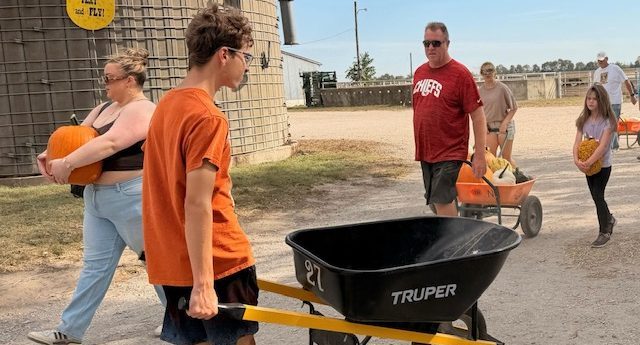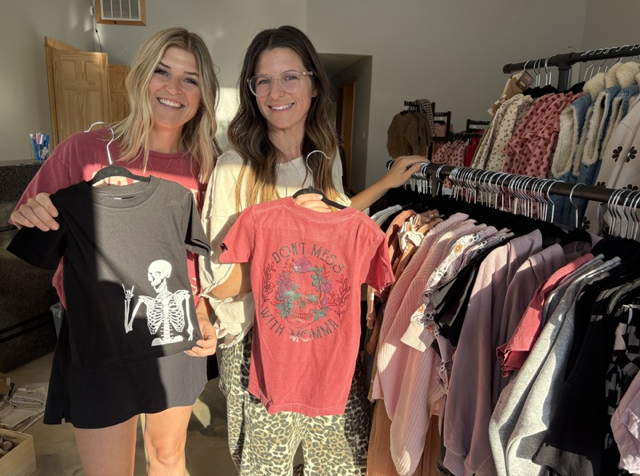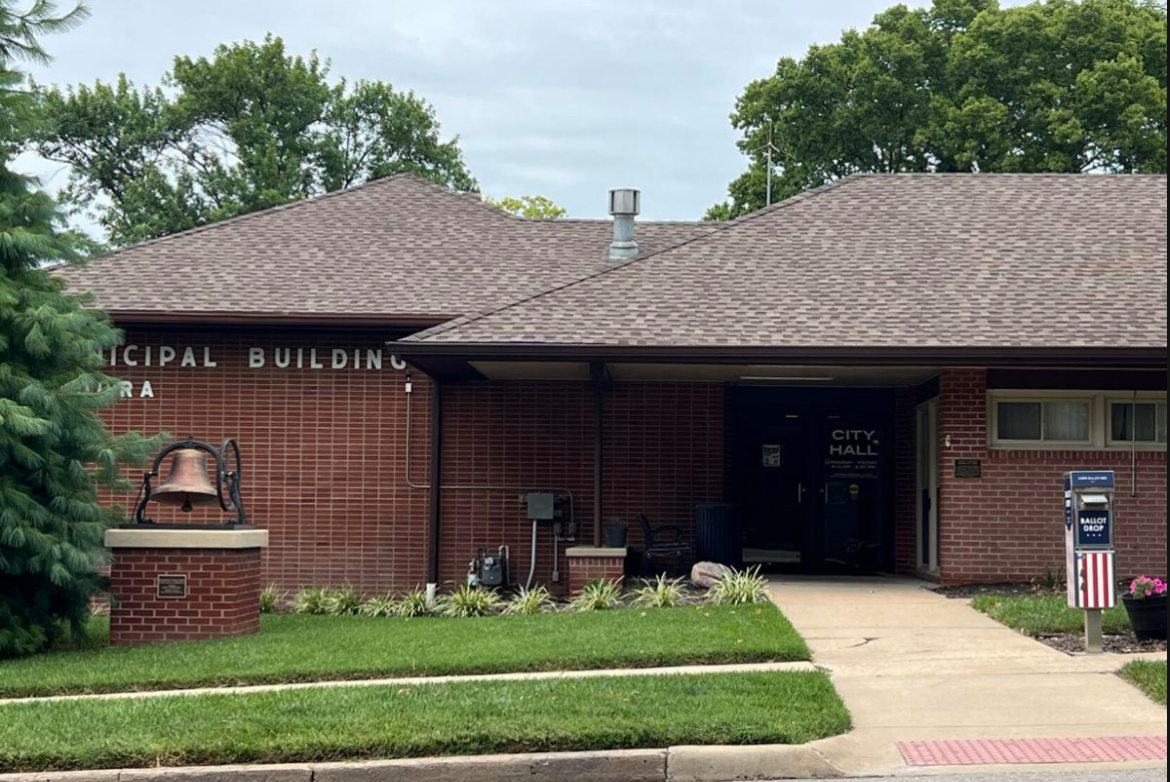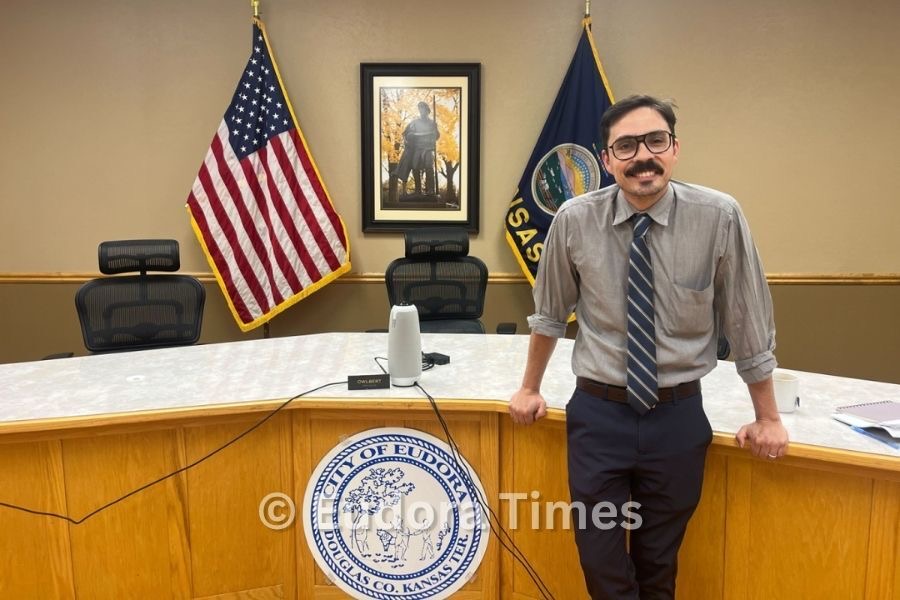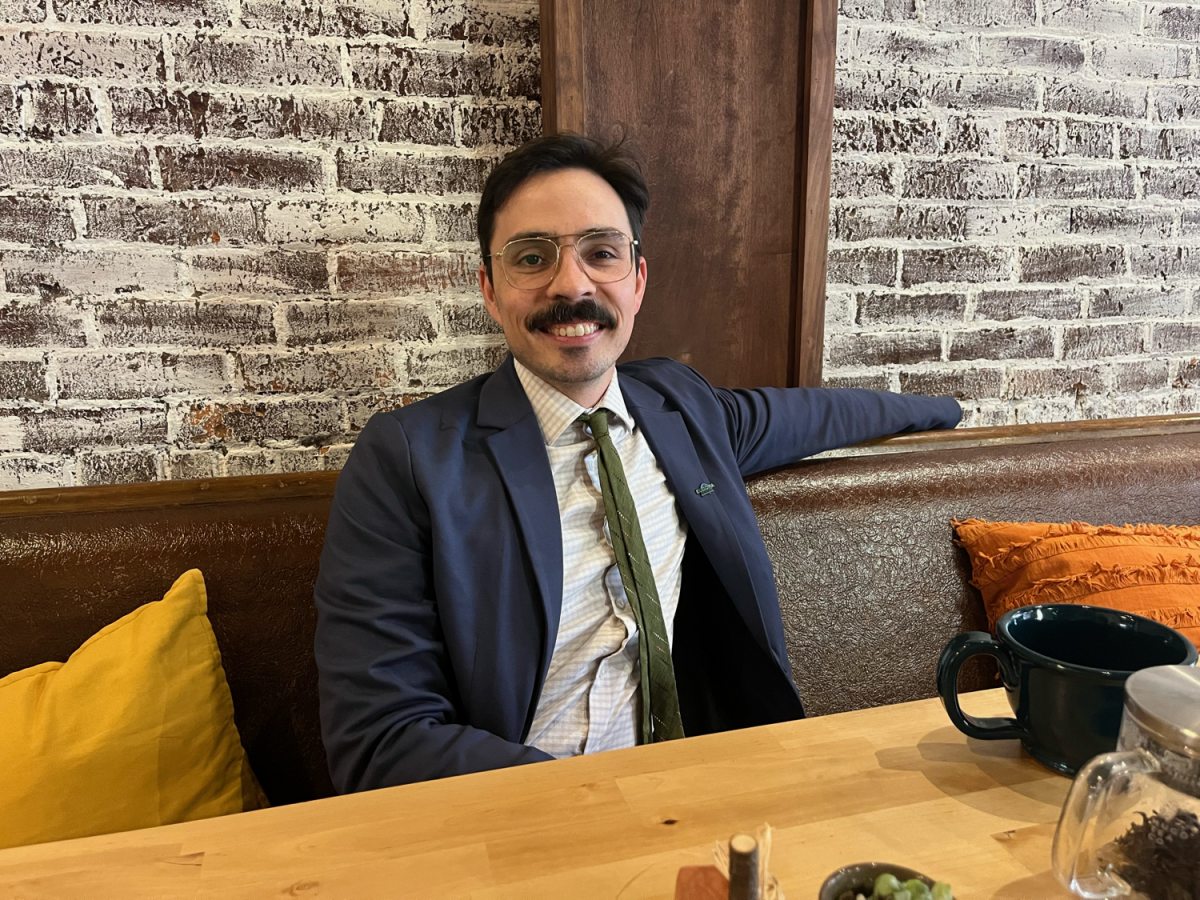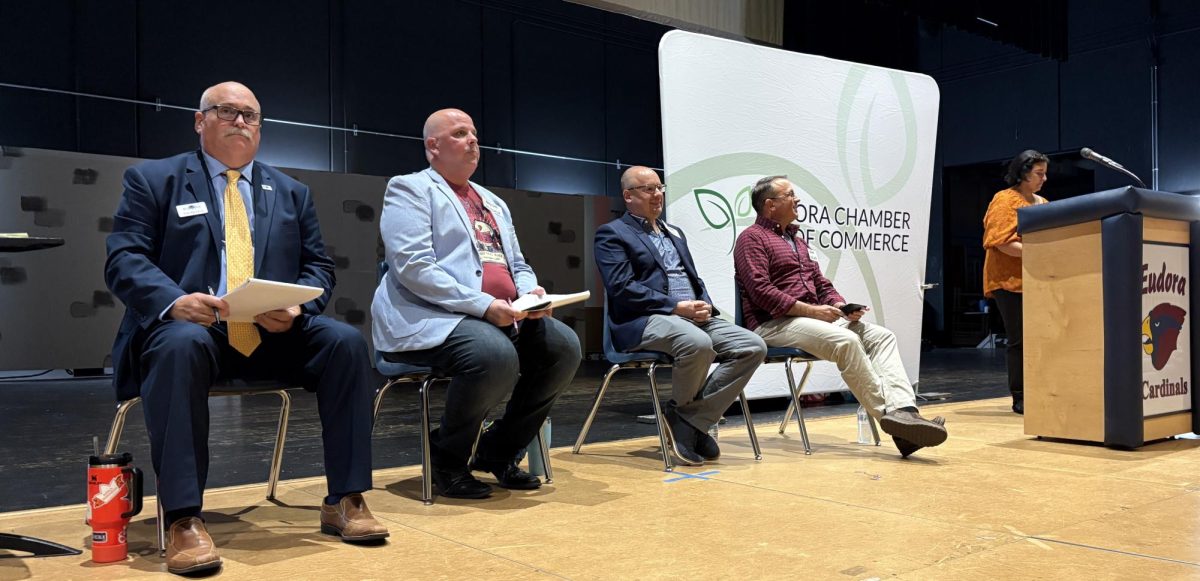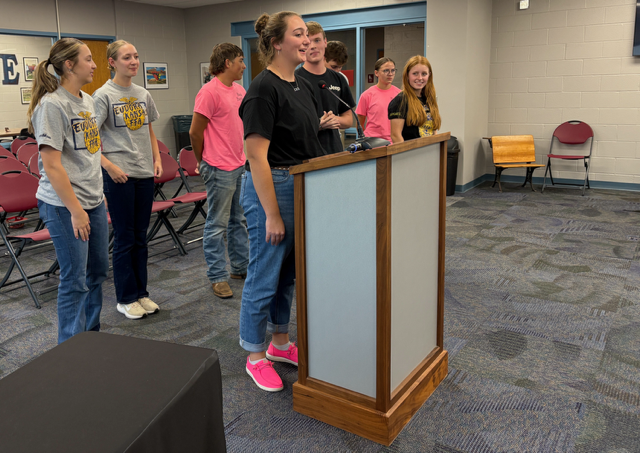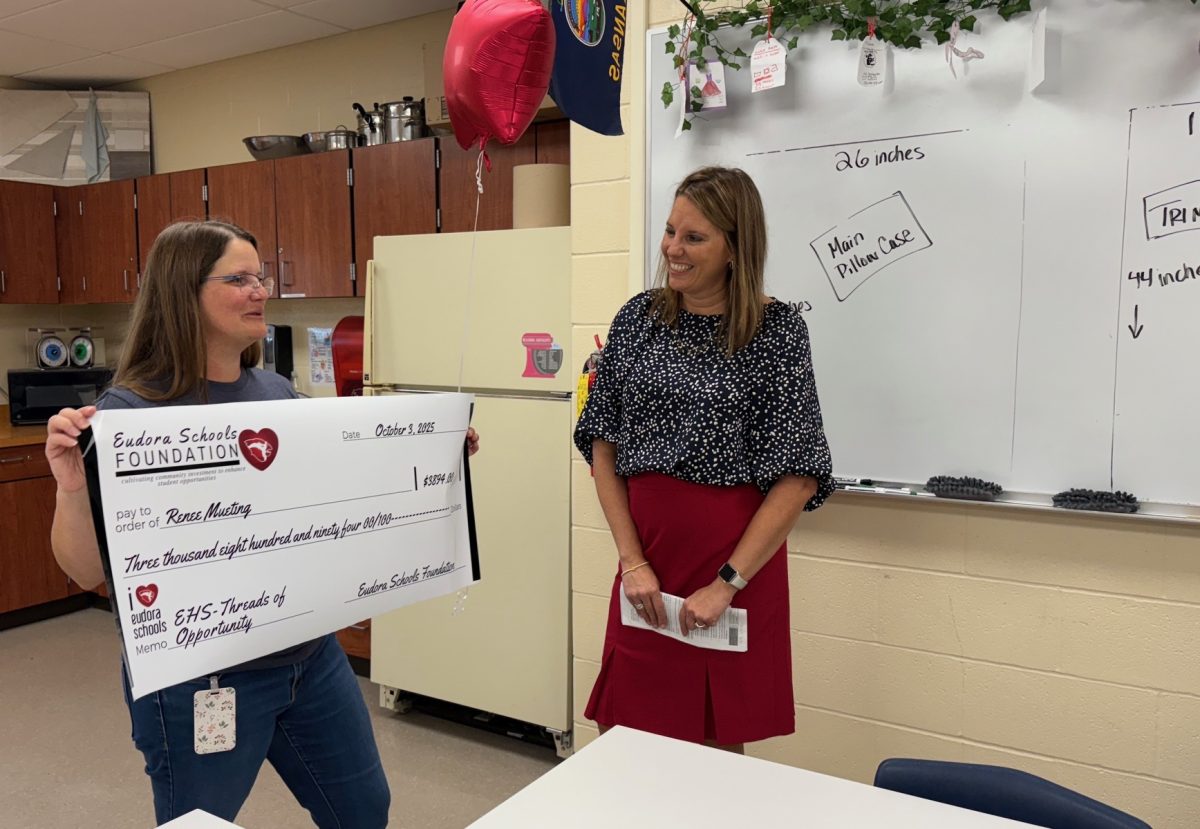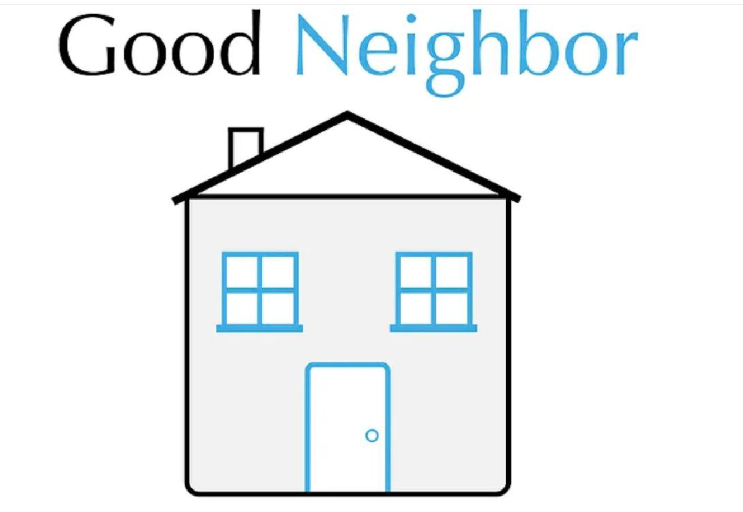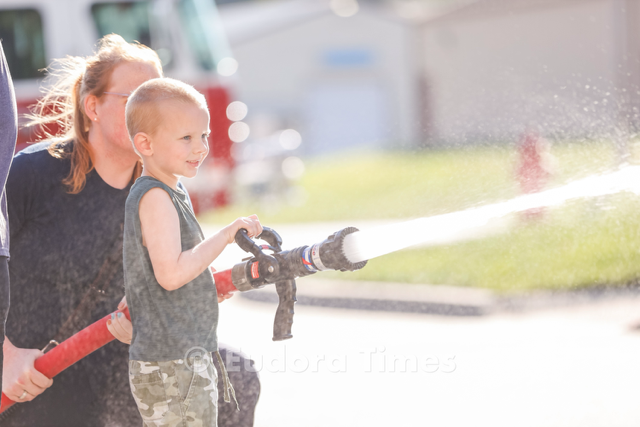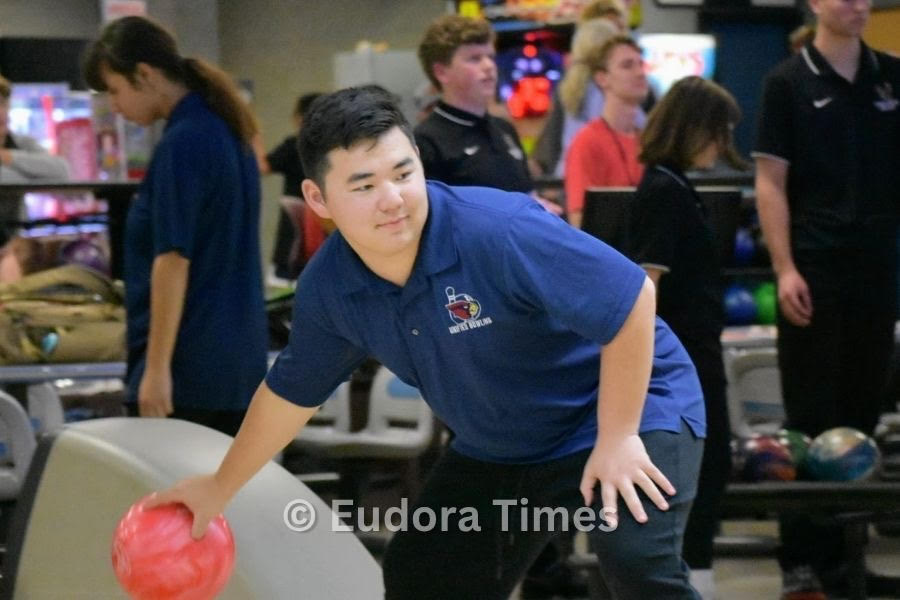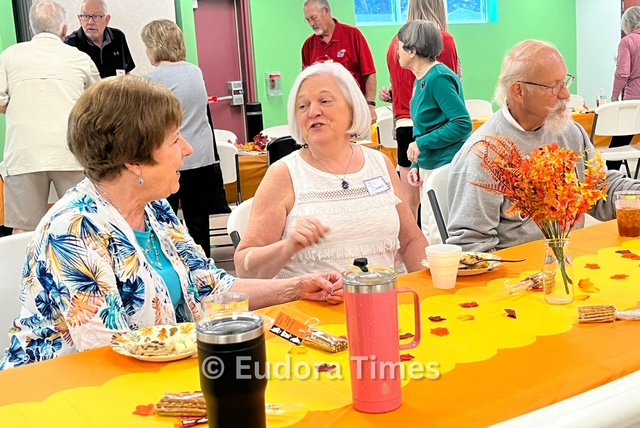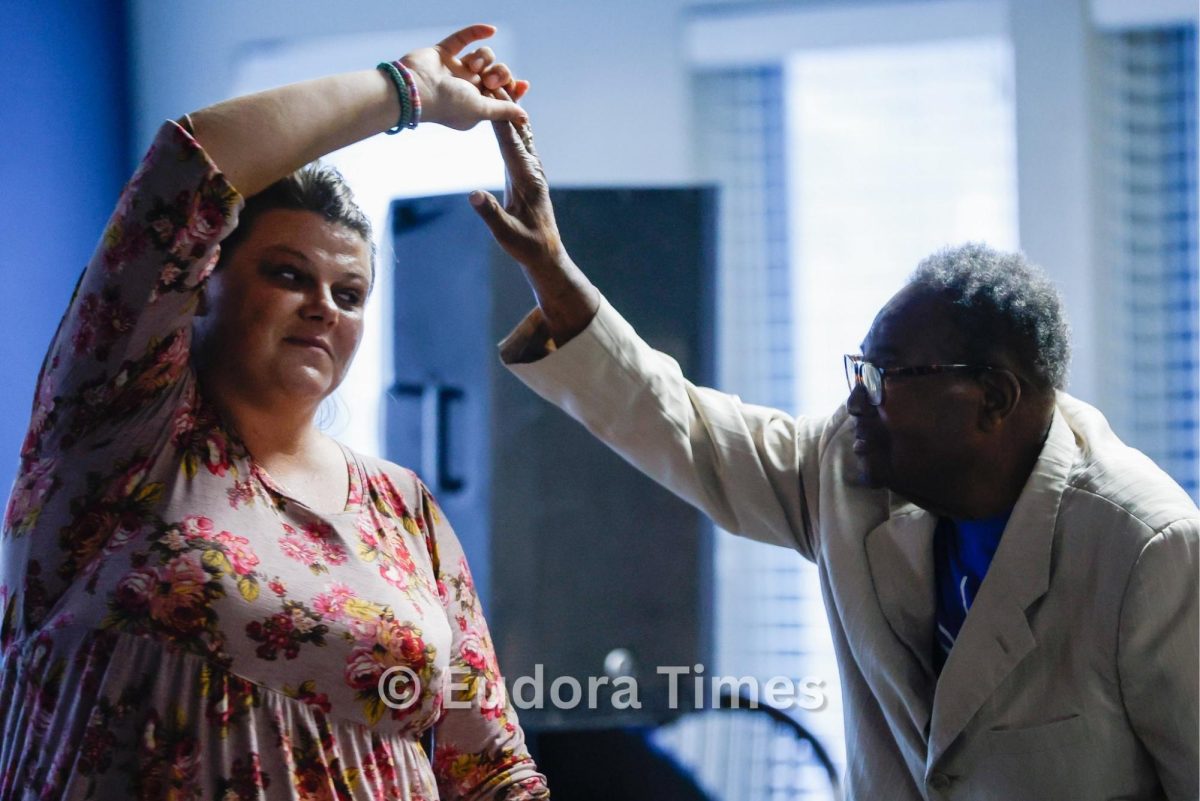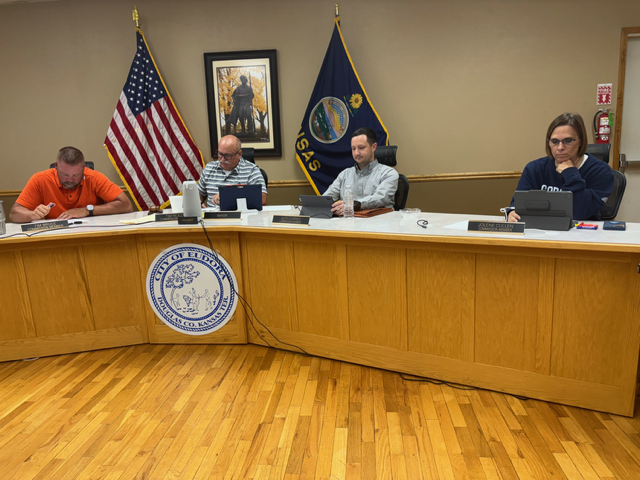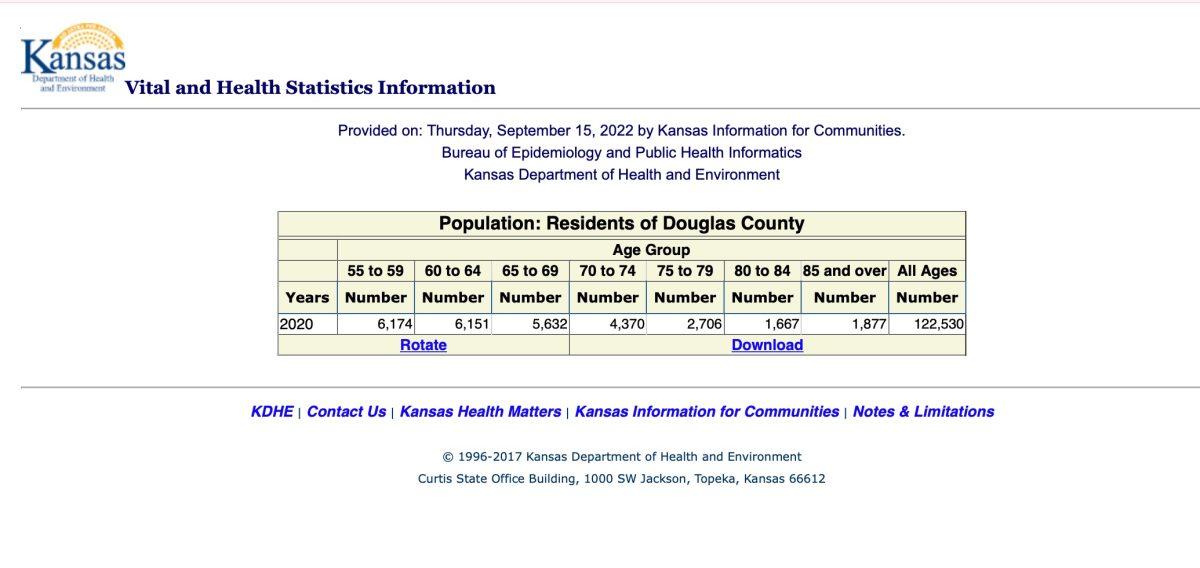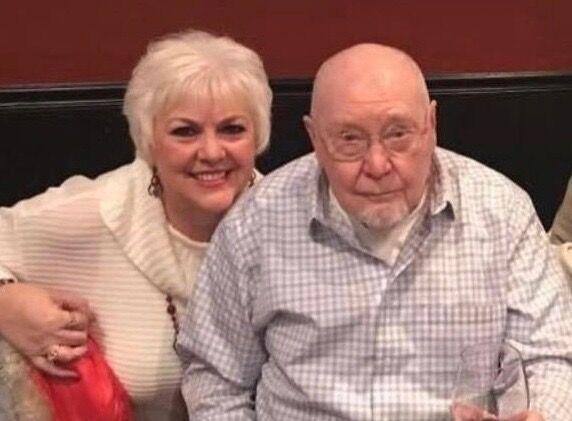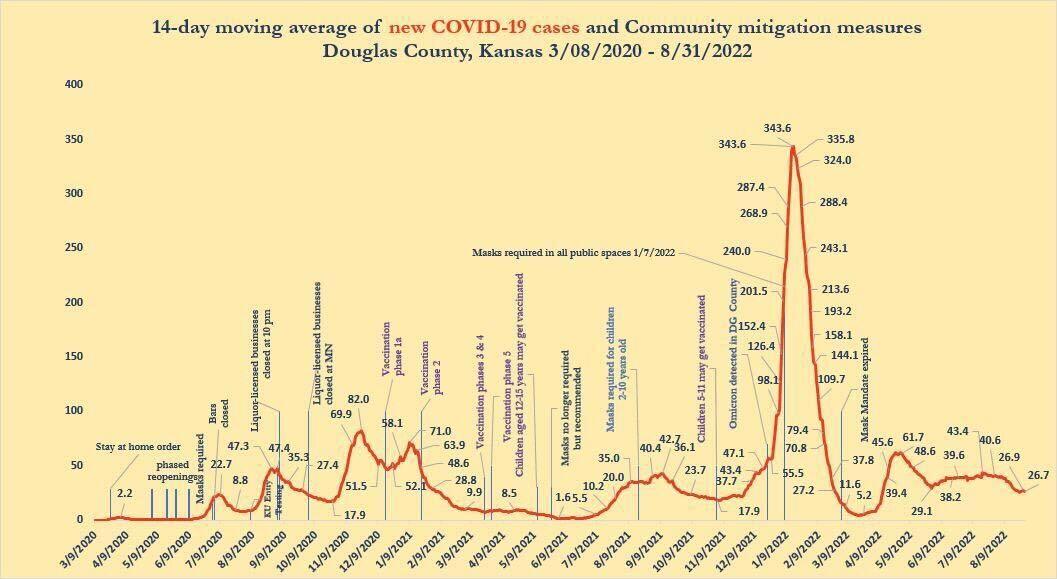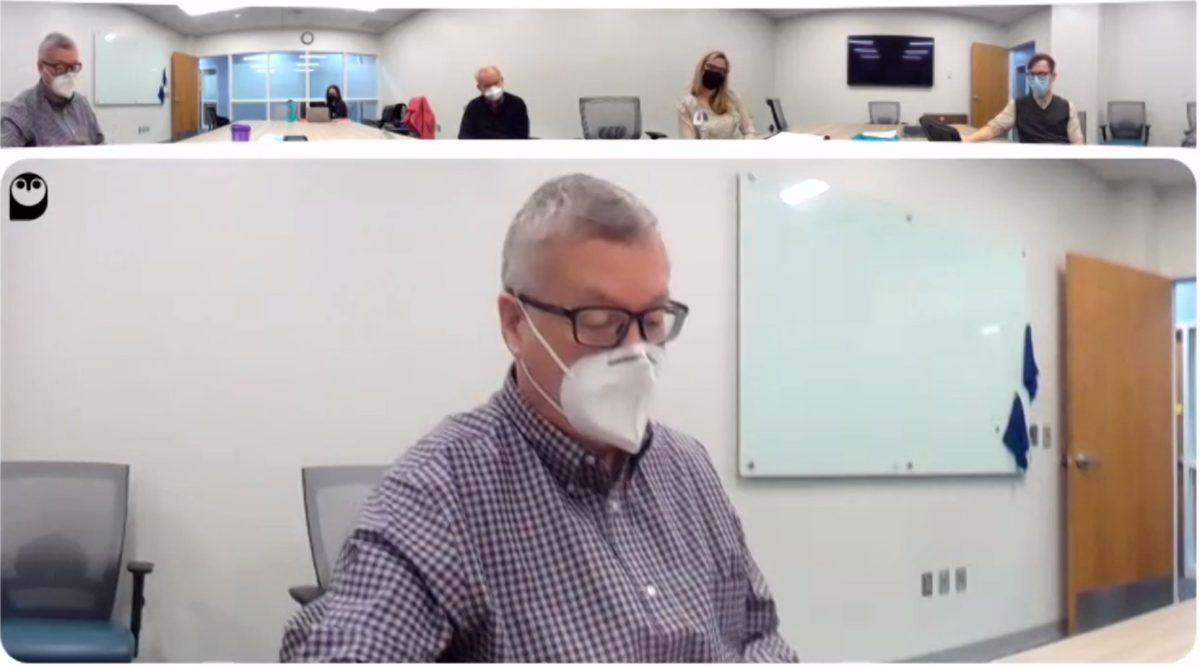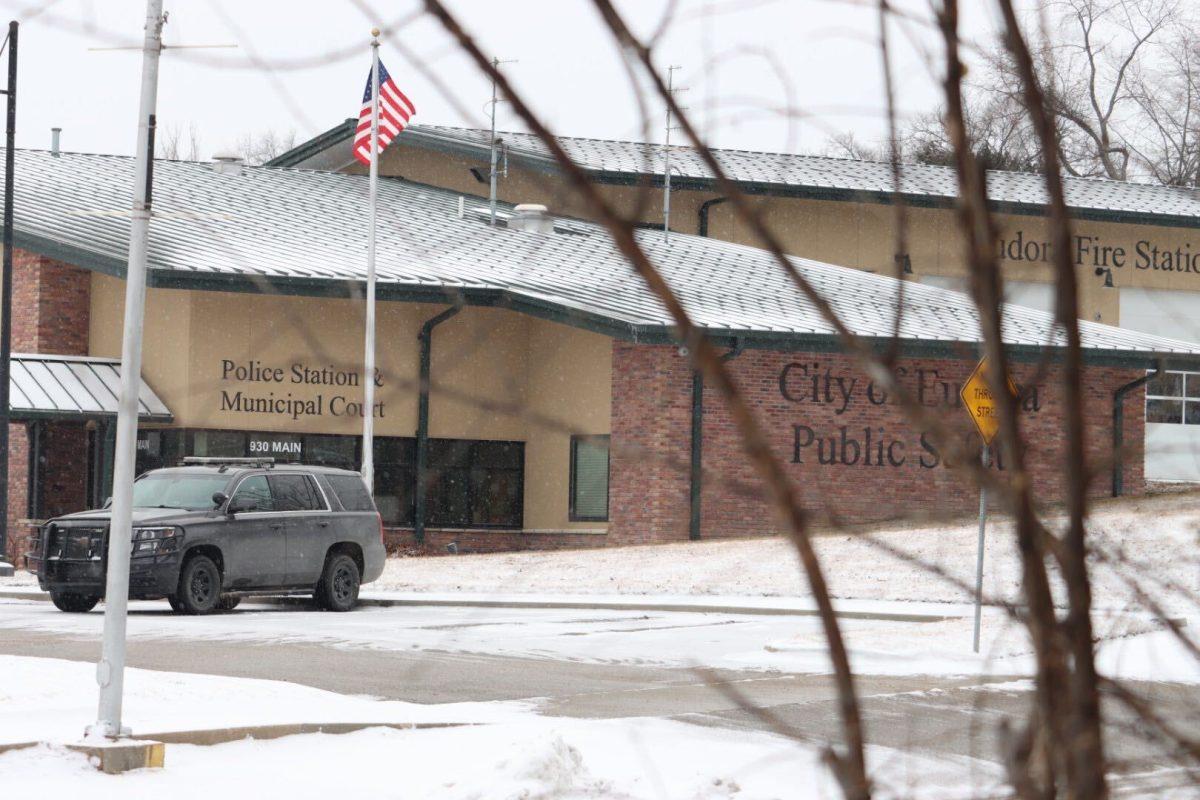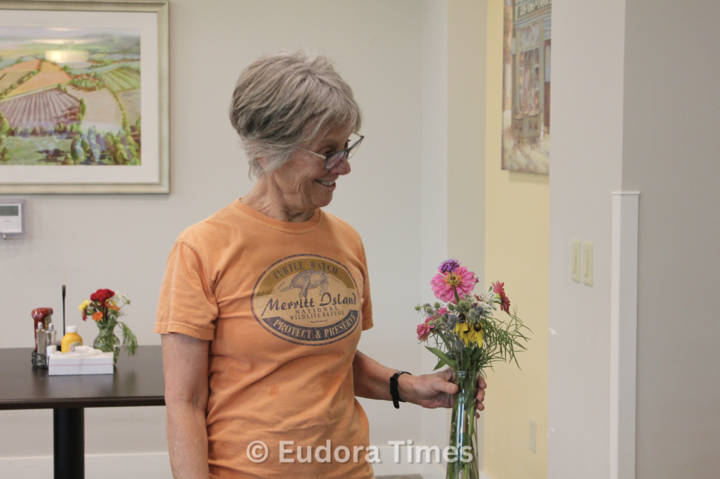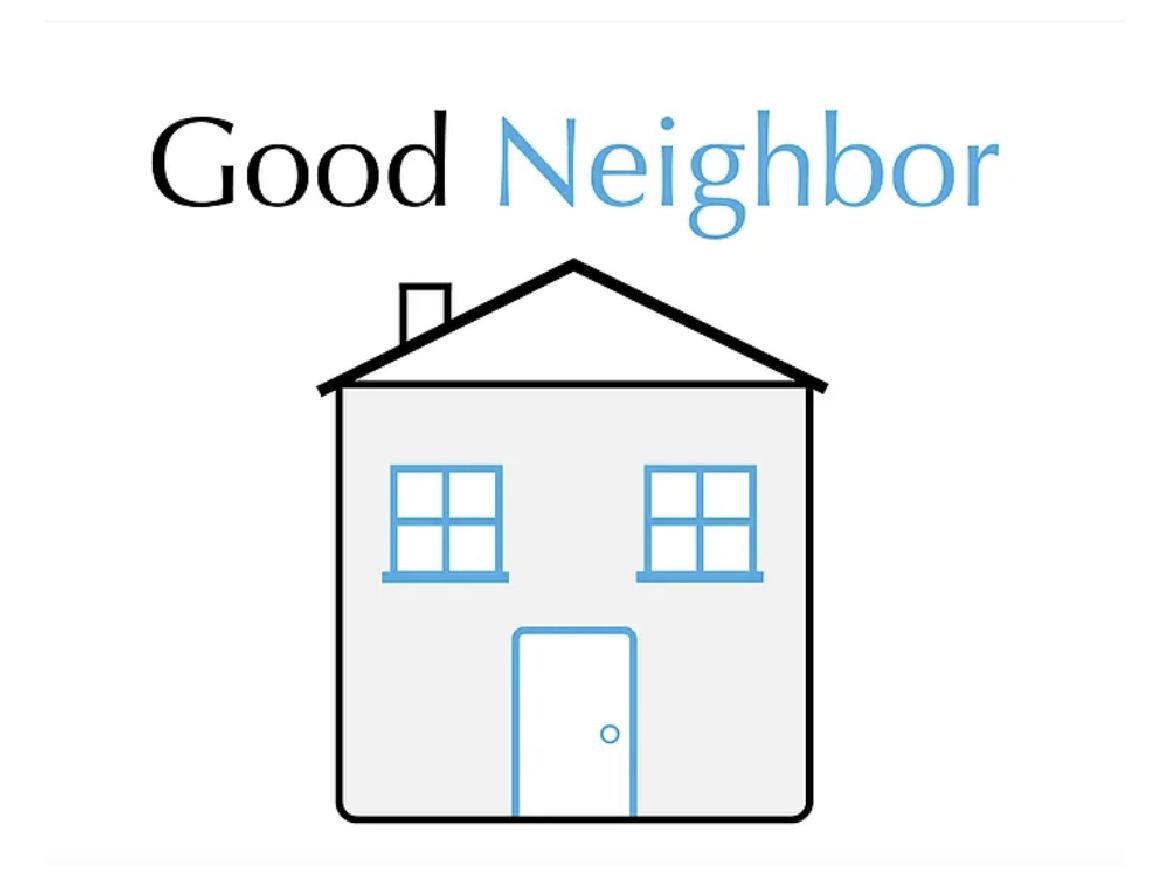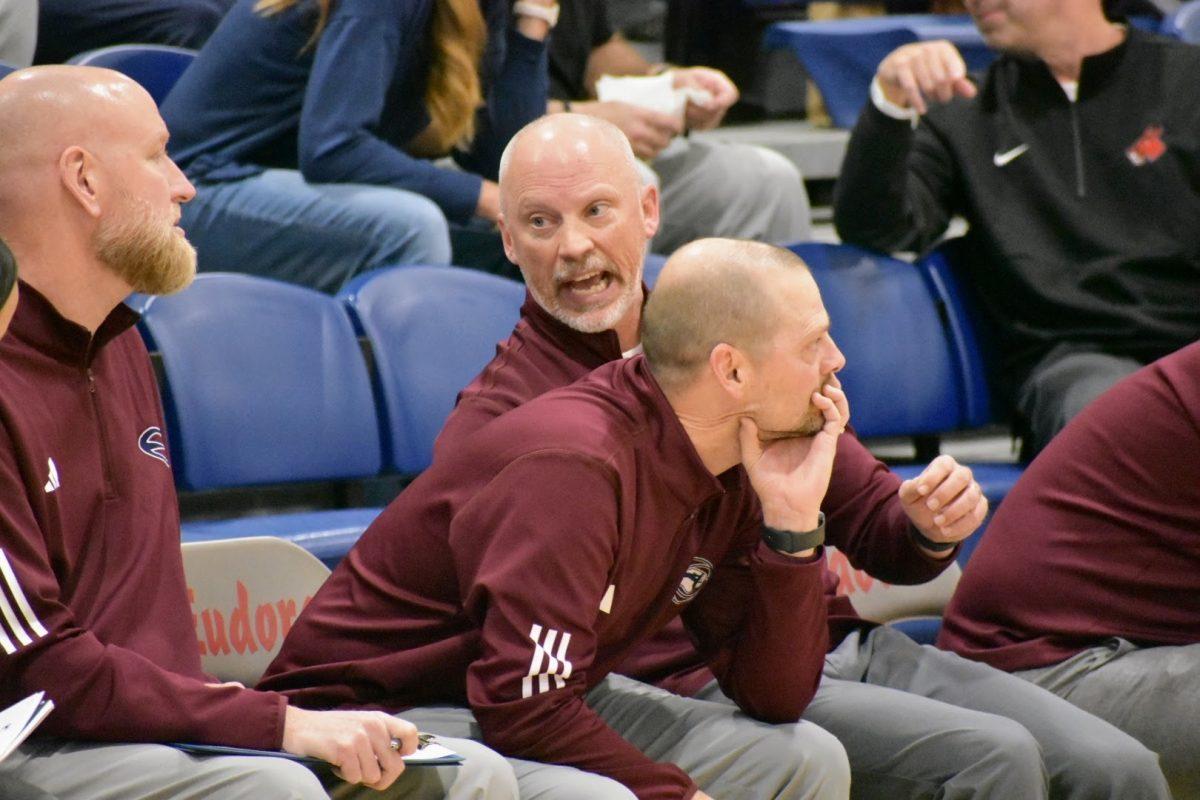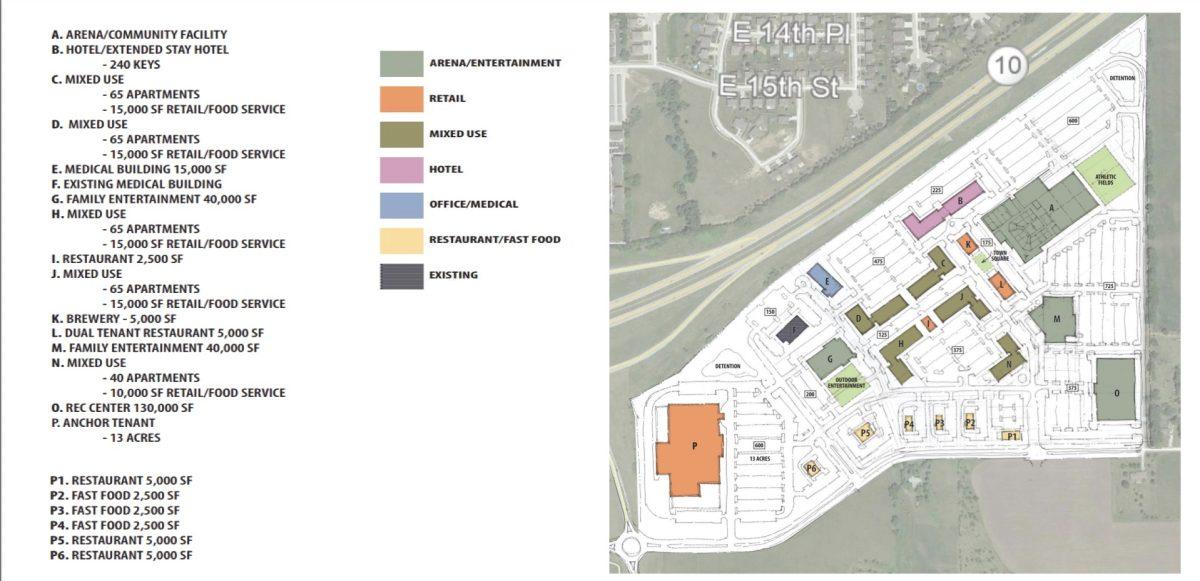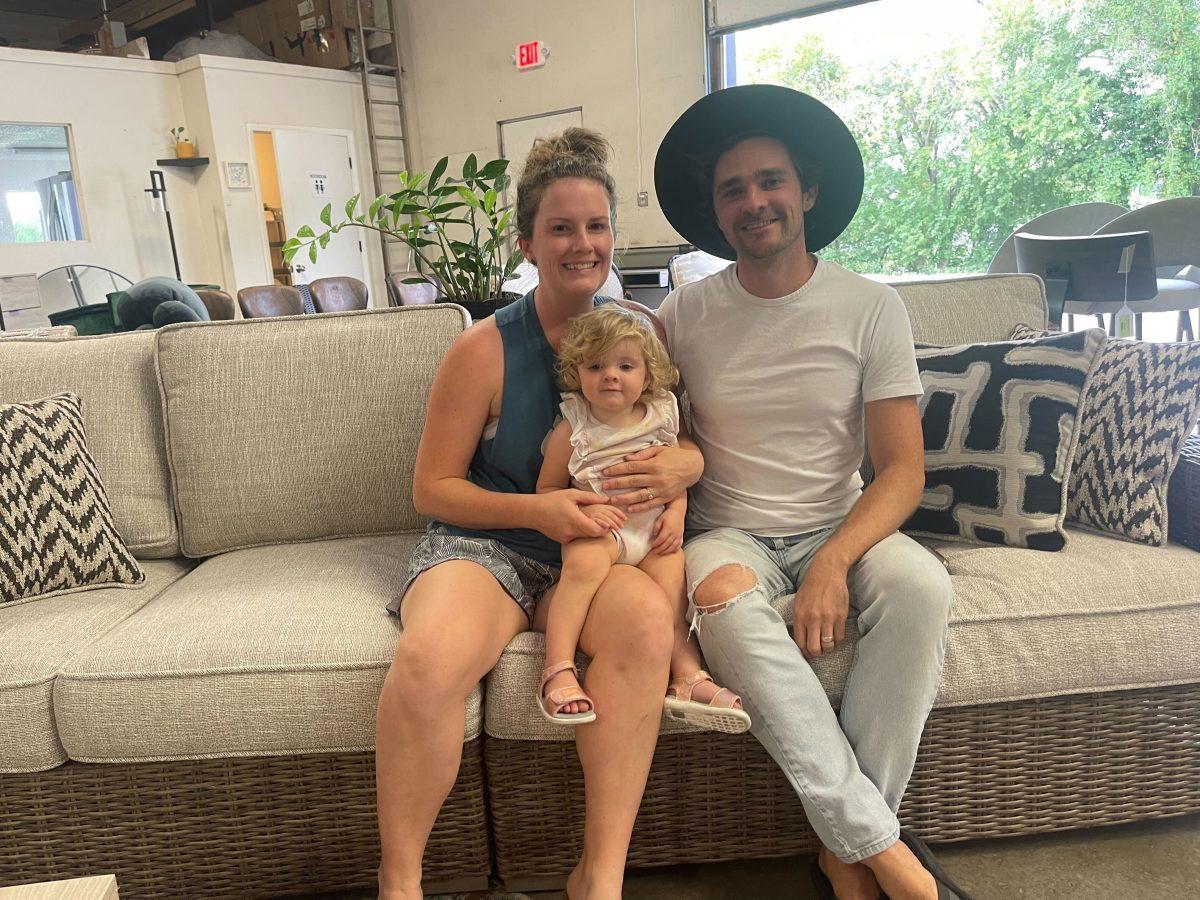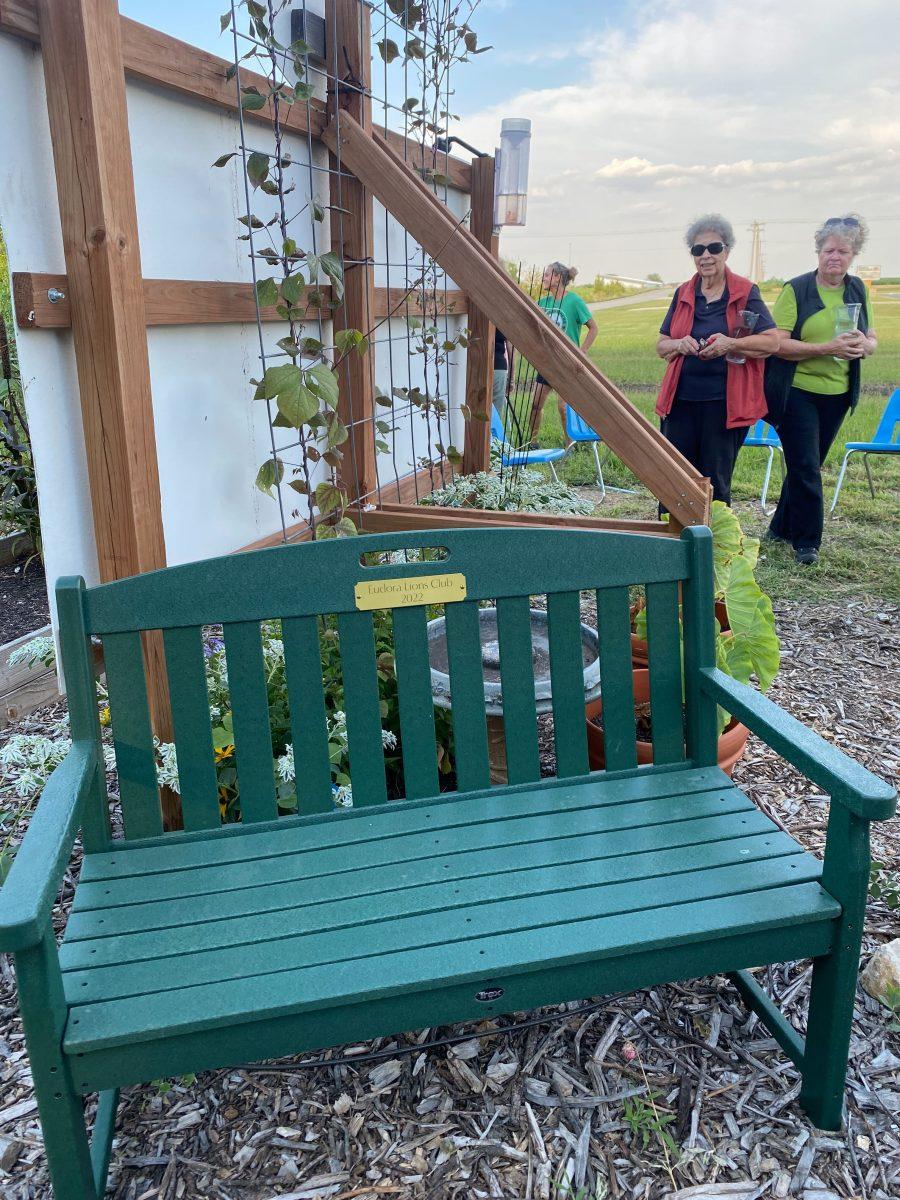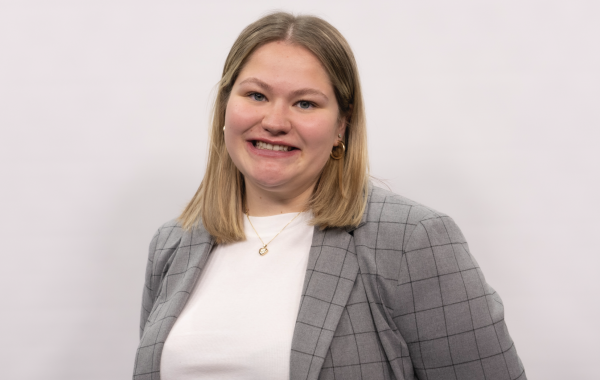This is the first story in an occasional series this fall examining caring for aging parents. If you have specific topics you’d like us to explore for future stories, email us at [email protected].
Everything changed when Carla Malani May found out her 85-year-old mother was diagnosed with dementia.
“Once she was diagnosed, there was no question in what I was going to do,” May said.
She left her clients and patients in Illinois and came back to Eudora to be with her mother.
May had a unique perspective from her years spent working in health care. She understood the symptoms, but she also knew her mom – known as Grams – and what she wanted.
“It’s a little more difficult when you see where she is mentally and where her thoughts were,” May said. “It is harder emotionally on me and my family.”
May is among a growing number of adult children helping to manage the care of their aging parents. In the past decade, the 65-and-older population grew by over a third, according to the U.S. Census.
In Douglas County, there were 16,252 residents aged 65 and older in 2020, or about 13% of the county population, according to Kansas vital and health statistics. Nationwide, more than one in seven Americans is a senior citizen, according to the federal Administration on Aging.
Demand is so high for resources and knowledge that a recent “So, You Have an Aging Parent: 101” seminar at the Lawrence Public Library filled to capacity this past week and had a waiting list.
The topic of aging parents isn’t new, but the increase in numbers due to the baby boomer generation is creating greater demand, Douglas County Senior Resource Center Executive Director Megan Poindexter said.
“As resources are tight, and the population size is really significant. We are starting to really feel the effects. Ten thousand baby boomers turn 65 every day,” she said. “It’s important for us to be more efficient in getting that information out because there are just so many people having this experience.”
Aging Parents 101
It can be hard for seniors to open up about the struggles of aging, but it can also be hard to handle the challenges their family members face.
The Douglas County Senior Resource Center offered the aging parents workshop.as a 101-style presentation for those who may not know where to start.
“It came about because we get so many calls from adult children of parents, because they’re concerned or not sure if there’s something they should be doing,” said Janet Ikenberry, presenter and director of health and human services for the center.
The presentation didn’t do a deep dive into any one topic, Ikenberry said. Instead, it covered a variety of topics: Medicare, what to do if your parents can no longer drive, power of attorney and when they should be talking to an attorney. Worrying and dignity were also discussed.
“We do want to stress that your parents are your parents, they are adults, and they have the right to make decisions, respecting their dignity,” Ikenberry said.
The presentation seats filled even after the staff added more spots. The high demand displayed a need for this information in Douglas County, and the center hopes to continue presentations with similar topics.
Poindexter told participants in a follow-up email that potential future topics could include technology support, navigating housing changes, caring for parents who live far away and navigating family dynamics, particularly with siblings, as parents age.
Helping seniors: “I wanted to do it”
May, who moved to Eudora in 2019 to help her aging mother, has been caring for others for decades and continues to shine a light on the importance of making aging adults feel important and needed.
May started as a home health care worker in 1992. After her dad had bypass surgery, she moved in and decided it was her duty to care for him.
“We are a really, really close family so you just kind of stop and do what needs to be done,” May said. “It wasn’t that I was obligated to do it. I wanted to do it.”
That’s what started it all. She loved what she was doing and felt passionately about helping her family in a time of need.
After taking care of her dad, May moved to Illinois. Her best friend later joined her there. May helped her as well with home health care and set her up with Social Security and other organizations.
She realized she could make this passion a full-time career and began seeing patients regularly.
“It just took off like wildfire,” she said.
May wanted to not only give her patients health care, but someone to talk to. She felt she was the only resource many of the patients had.
“I picked up every shift and every overtime,” May said. “I love it. I absolutely loved it.”
May realized caring for her mother was different from her past experiences in home health care. When she met patients, she did her best to get to know them, but she didn’t know their stories like she knew her mother’s.
May, who continues to live with her mother, gives her mom chores to complete each day to provide a sense of normalcy and importance.
Although it was hard to leave her life behind in Illinois, she knew she needed to prioritize her mother.
“I was sad I had to leave my clients and the patients that needed assistance, but this is my family,” she said.
Aging in Kansas
Nearly 500,000 Kansans, or about 17%, are ages 65 or older, according to the state’s vital and health statistics.
AARP Kansas Director Glenda DuBoise said it is important to put together a plan that considers what your loved one truly wants. A lot of times, parents want to be asked these questions, and starting the conversation before a crisis happens can save a lot of stress later, DuBoise said.
“Engage them in the plans you want to make,” she said. “Asking them what they really want and how they want to be cared for, [but] not making them uncomfortable.”
She wants family members and caregivers to remember to take time for themselves as well. It can be hard to maintain your own mental and physical health when you are also worried about caring for a parent, she said.
One-in-five middle-aged adults have also provided financial support to a parent aged 65 or older in the past year, according to Pew Research.
AARP offers a guide for caregivers and family members to help plan a course of action for their aging loved one. The guide is available at aarp.com/caregiving. AARP also has information about support groups to talk to other caregivers.
“When you’re exhausted, find motivation by remembering why you’re caregiving: love, a sense of responsibility, or the desire to do the right thing or give back,” DuBoise said.
The emotions of caring for parents
Eudora resident and Senior Foundation board member Caren Rowland is familiar with the emotions that accompany caring for an aging loved one.
Rowland helped care for her father in his home before he died in March. After safety concerns, she made the hard decision to move her father to a nursing home, but she knew it was ultimately the right thing to do.
“My hopes were to keep dad locally, so I could go be with him and help as much as I could right here in Eudora,” Rowland said.
Rowland joined the foundation board to help others find ways to help their parents and to keep seniors stay happy during the aging process. She felt it was hard to know what to do in some situations, and she wishes she knew more about what help was out there when she was caring for her dad.
“I do think there is a huge need for education in the community of how to take care of your parents as they age,” Rowland said.
Rowland is eager to add new resources and presentations to the Senior Foundation’s belt. She hopes the foundation can be a place for not only seniors, but for family members to find help and solidarity.
“We need to be a source for the families of the seniors,” Rowland said. “Yes, this is for seniors, but it’s also for the children because they need help just as the seniors do.”
May’s path resembles Rowland’s, and both women want to help the community after caring for an aging loved one.
The biggest takeaway she hopes to spread is to “educate yourself” and have patience. It is a hard situation, but there are so many resources out there, she said.
“You have to learn what it is they’re suffering from,” May said. “The information is out there.”
The biggest mistake is to act like it isn’t happening and freeze in fear. Going to seminars, researching, and finding fellow children of aging parents can be a helpful way to cope with a changing life situation.
Despite the difficulties that come with taking care of an aging parent, May knows that she’s made the right choice in looking after her mother.
“She took care of me when I was a child. Now I’m going to take care of her,” May said.
Reach reporter Sara Maloney at [email protected]
Caren Rowland poses with her dad, Chester Smittle. Rowland cared for Smittle before he died earlier this year.


